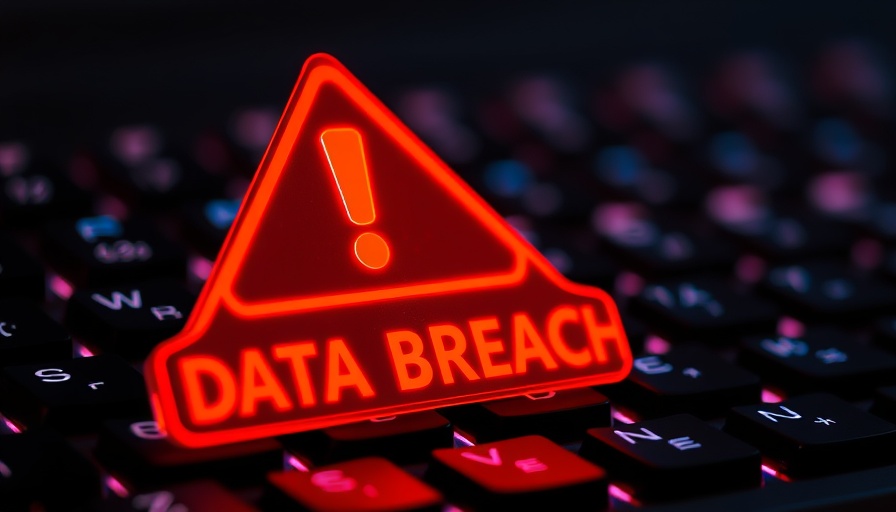
The Unfolding Crisis: Yale New Haven Health's Data Breach
In an alarming development for the healthcare sector, Yale New Haven Health has reported a data breach impacting approximately 5.6 million individuals, marking it as the largest healthcare breach notified to federal regulators this year. This incident has sent shockwaves through the industry and raised critical concerns about patient data security in an era where cyberattacks are increasingly prevalent.
A Timeline of the Breach
The breach was detected in early March 2025 when suspicious activity was observed on the health system's IT infrastructure. Subsequent investigations revealed that an unauthorized third party had infiltrated their network and made off with sensitive patient information. Although the breach did not disrupt patient care or the functionality of Yale New Haven's electronic health records (EHR), the data exposed includes demographic details, Social Security numbers, medical record numbers, and patient types.
The Rising Threat of Cybercrime in Healthcare
This incident is part of a worrying trend observed across the healthcare sector, which is becoming a lucrative target for cybercriminals. A report from earlier this year indicated that medical records are highly sought after on the dark web, making healthcare organizations a prime target for attacks.
Experts, like Barry Mathis from PYA, emphasize that with stolen medical records, cybercriminals can orchestrate identity theft, file false tax returns, and commit healthcare fraud. This year has already seen other significant attacks, such as the ransomware incident involving Change Healthcare that compromised data for about 190 million individuals, further exemplifying the vulnerabilities in the sector.
Lessons Learned: Safeguarding Patient Information
In light of this breach, healthcare providers are urged to fortify their cybersecurity measures. The risks are not just limited to financial losses but extend to loss of trust and reputation in healthcare institutions. Enhancing staff training in recognizing phishing attempts, employing multi-factor authentication, and conducting regular audits are some steps that can be taken to mitigate risks.
What Can Patients Do?
For individuals whose information may have been compromised, proactive measures should be taken to safeguard personal data. Regularly monitoring financial statements, using credit monitoring services, and freezing credit can help minimize the risks associated with identity theft.
The Bigger Picture: Call to Action for Healthcare Systems
As digital transformation accelerates within the healthcare industry, understanding the implications of data security becomes paramount. Healthcare systems must rise to the challenge and prioritize investments in cybersecurity infrastructure. Without such measures, the likelihood of future breaches remains high.
Furthermore, community health and wellness initiatives should also focus on educating the public about data privacy and the importance of safeguarding personal health information. By cultivating awareness, we can work together to create a more secure healthcare environment.
During this tumultuous period, awareness and education are crucial in the fight against data breaches. By staying informed and practicing data hygiene, both healthcare providers and patients can play a role in defending the integrity of healthcare data.
Let’s stay vigilant and informed about our healthcare systems and the measures that protect our vital information as they navigate these challenging times.
 Add Row
Add Row  Add
Add 




 Add Row
Add Row  Add
Add 


Write A Comment